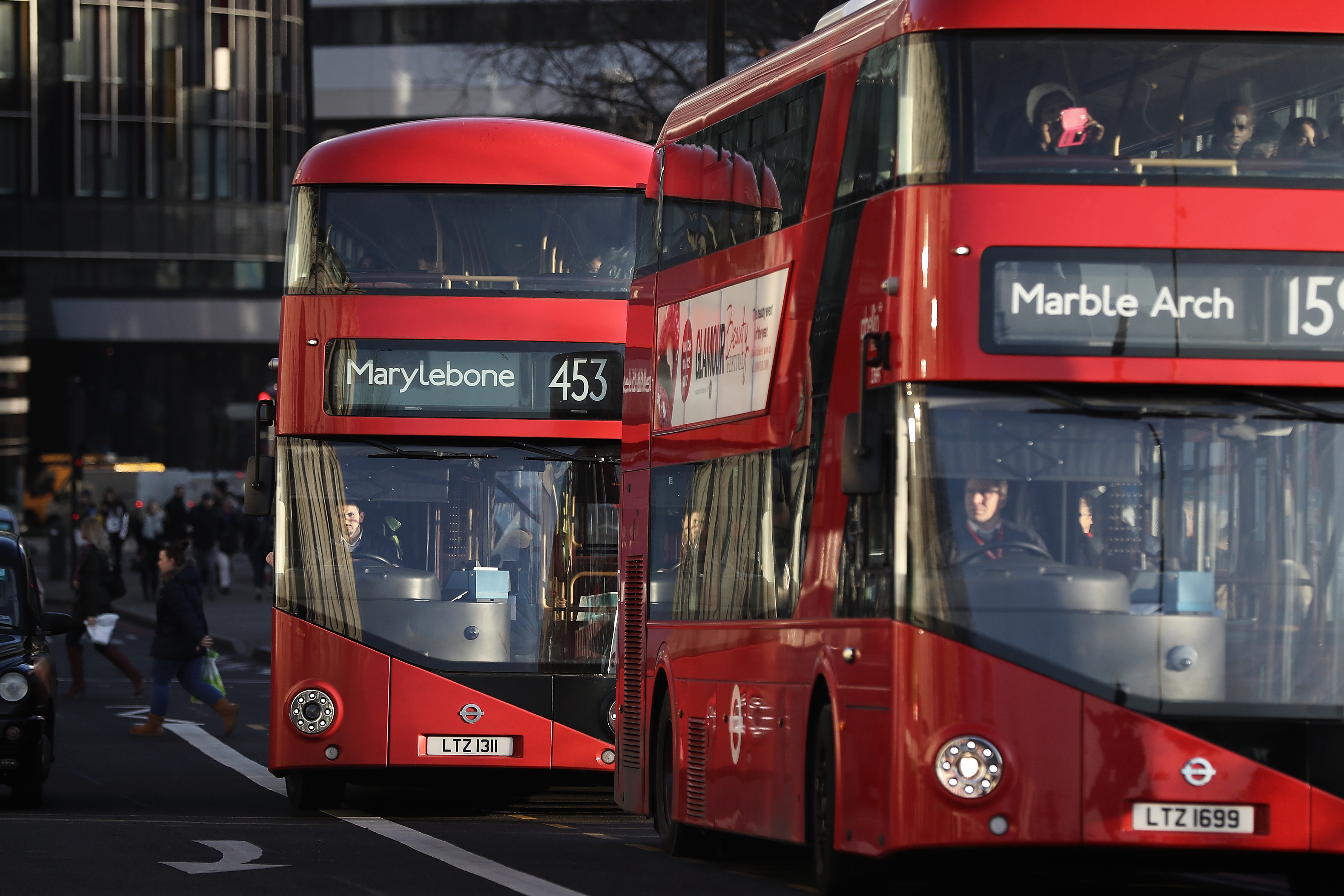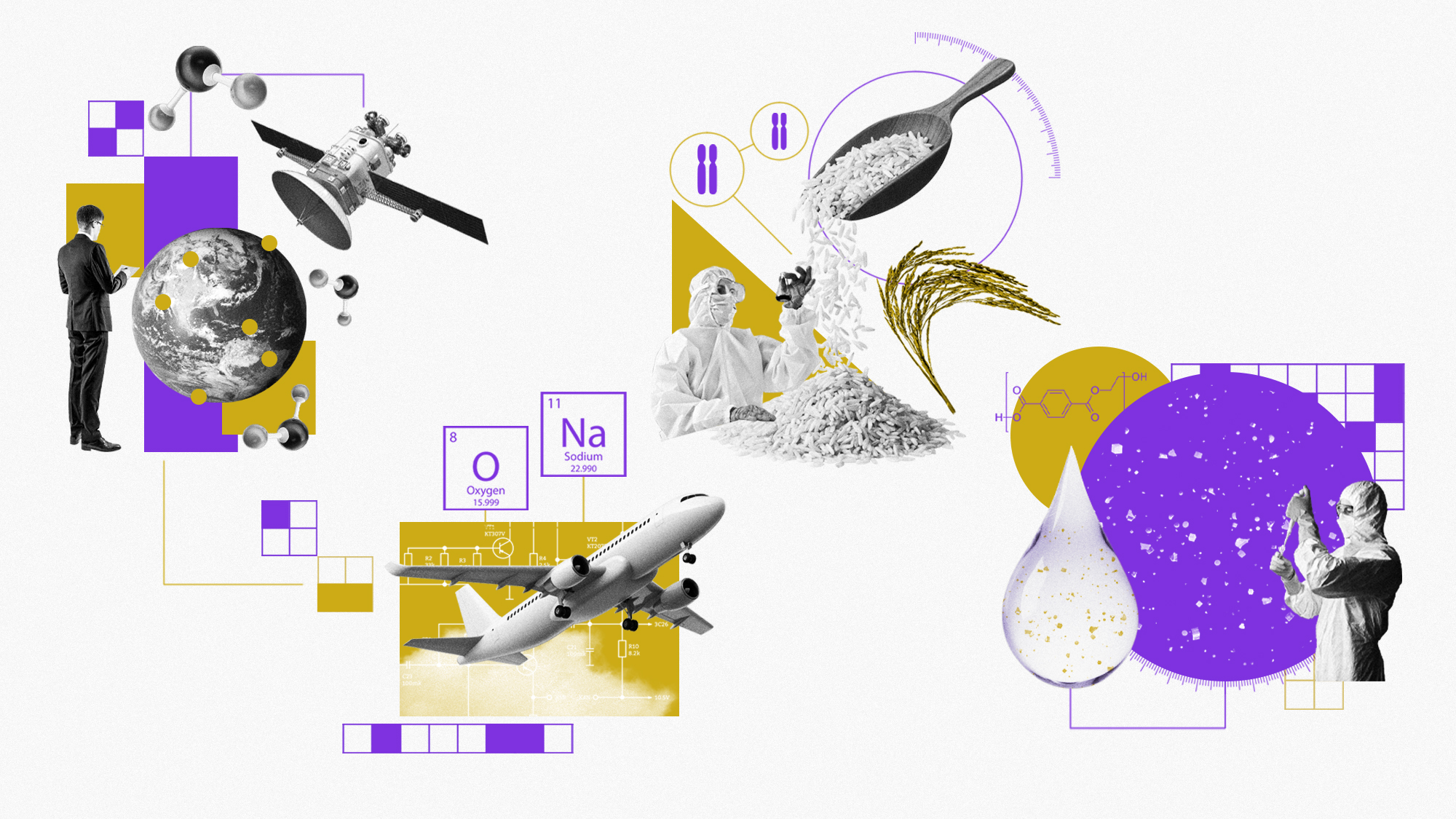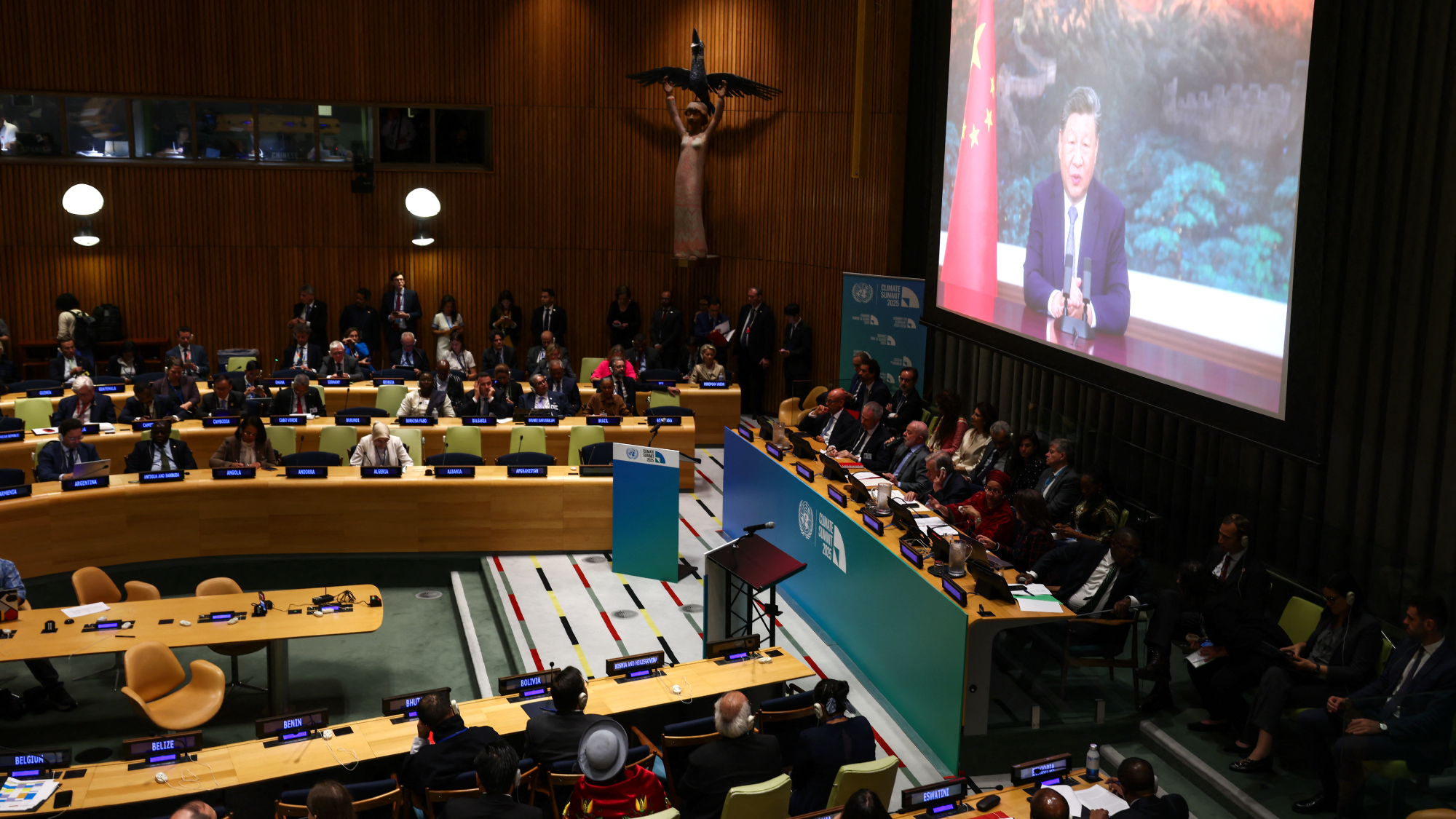Can London go car-free?
Sadiq Khan announces biggest ever vehicle-free day in the English capital

A free daily email with the biggest news stories of the day – and the best features from TheWeek.com
You are now subscribed
Your newsletter sign-up was successful
More than 12 miles of London roads are to be closed this autumn during the English capital’s biggest ever car-free day.
Mayor Sadiq Khan is marking national Clean Air Day today by unveiling the vehicle ban initiative, which is intended to raise awareness of the “dangers of toxic air and to encourage city dwellers to explore London without the use of a vehicle”, the London Evening Standard reports. The capital will be just one of dozens of cities across the globe taking part in global World Car Free Day, on 22 September.
As well as banning cars from areas including London Bridge, Tower Bridge, the City and sections of 18 different boroughs, London will host awareness-raising events ranging from guided walks and treasure hunts to street performances and live music shows.
The Week
Escape your echo chamber. Get the facts behind the news, plus analysis from multiple perspectives.

Sign up for The Week's Free Newsletters
From our morning news briefing to a weekly Good News Newsletter, get the best of The Week delivered directly to your inbox.
From our morning news briefing to a weekly Good News Newsletter, get the best of The Week delivered directly to your inbox.
“London is leading the way in innovative measures to improve air pollution and I want this year’s Car Free Day events to be the best of any world city,” Khan said. "This will be a great opportunity for us all to leave our cars behind and explore our streets by foot, or by bike.”
But is more action needed?
A number of smaller urban areas have embraced the “car-free” movement, which aims to reduce air pollution and improve safety among residents. Since 2007, cars have been banned from central streets in the small Slovenian capital of Ljubljana, which now consistently ranks as one of the greenest cities in Europe, earning the title of European Green Capital in 2016. And many other smaller cities have introduced similar initiatives.
But for larger urban areas, the challenge is far greater. Paris and London are among the cities leading the way in Europe when it comes to traffic modification, Business Insider reports. But the vast populations of these cities - along with the average volume of cars on any given day - means that progress is slow.
A free daily email with the biggest news stories of the day – and the best features from TheWeek.com
In Paris, Mayor Anne Hidalgo has made it a “personal mission to improve pollution levels by imposing numerous restrictions on vehicles”, says the news site. Yet so far she has managed only to implement a ban on cars made before 1997 from the city centre on weekdays, with select streets to be accessible only for electric cars by 2020. Hidalgo also recently declared the first Sunday of every month car-free from 10am to 6pm in the city centre.
Given the logistical challenges of implementing car bans in major cities, Londonist argues that that “the biggest benefit of a car-free day is education”, rather than facilitating overnight change.
“It’s important that the public engages in the discussion to build support and allow for many voices to be heard,” the news site says. “It’s rare to find people who disagree with the statement that we should reduce pollution and congestion in London, but there’s not a consensus on how to achieve those goals.”
Progress in London has arguably been even slower than that in Paris. The number of daily vehicles entering central London has declined by a relatively modest 30% since the congestion charge was launched 16 years ago.
“It's unlikely that London will be completely car-free,” says Londonist. But with the ongoing “revolution in transportation, driven by data and technology”, many commentators “foresee a future where privately owned, single-person occupied vehicles will become a rare occurrence”, the site concludes.
-
 Why is the Trump administration talking about ‘Western civilization’?
Why is the Trump administration talking about ‘Western civilization’?Talking Points Rubio says Europe, US bonded by religion and ancestry
-
 Quentin Deranque: a student’s death energizes the French far right
Quentin Deranque: a student’s death energizes the French far rightIN THE SPOTLIGHT Reactions to the violent killing of an ultraconservative activist offer a glimpse at the culture wars roiling France ahead of next year’s elections.
-
 Secured vs. unsecured loans: how do they differ and which is better?
Secured vs. unsecured loans: how do they differ and which is better?the explainer They are distinguished by the level of risk and the inclusion of collateral
-
 Earth is rapidly approaching a ‘hothouse’ trajectory of warming
Earth is rapidly approaching a ‘hothouse’ trajectory of warmingThe explainer It may become impossible to fix
-
 Environment breakthroughs of 2025
Environment breakthroughs of 2025In Depth Progress was made this year on carbon dioxide tracking, food waste upcycling, sodium batteries, microplastic monitoring and green concrete
-
 The Southern Ocean is holding in a ‘burp’
The Southern Ocean is holding in a ‘burp’Under the radar The heat from the past can affect the future
-
 Builders return to the stone age
Builders return to the stone ageUnder the Radar With brick building becoming ‘increasingly unsustainable’, could a reversion to stone be the future?
-
 China vows first emissions cut, sidelining US
China vows first emissions cut, sidelining USSpeed Read The US, the world’s No. 2 emitter, did not attend the New York summit
-
 How carbon credits and offsets could help and hurt the climate
How carbon credits and offsets could help and hurt the climateThe explainer The credits could be allowing polluters to continue polluting
-
 Is Cop29 a 'waste of time'?
Is Cop29 a 'waste of time'?Today's Big Question World leaders stay away as spectre of Donald Trump haunts flagship UN climate summit
-
 Gold hydrogen: a near limitless supply of clean fuel?
Gold hydrogen: a near limitless supply of clean fuel?Under The Radar Huge deposits found in northern France but major energy companies are holding back, for now